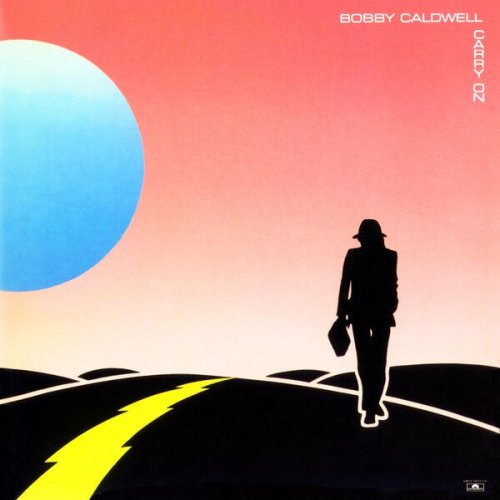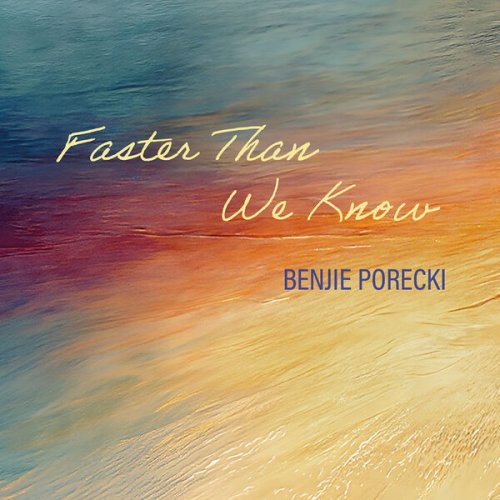The Don Rendell / Ian Carr Quintet - Live (1969/2018)
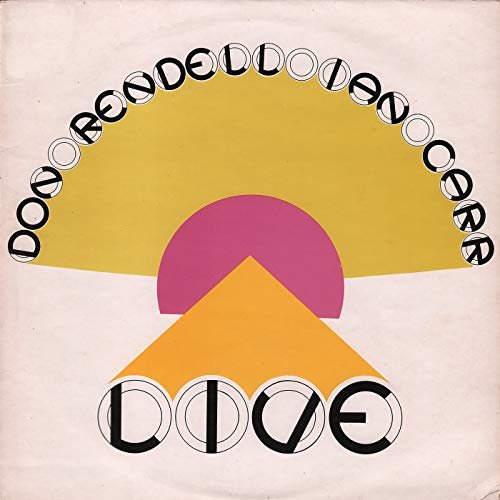
Artist: The Don Rendell / Ian Carr Quintet
Title: Live
Year Of Release: 1969/2018
Label: Decca (UMO)
Genre: Jazz
Quality: 320 kbps | FLAC (tracks)
Total Time: 00:48:02
Total Size: 111 mb | 270 mb
WebSite: Album Preview
Tracklist:Title: Live
Year Of Release: 1969/2018
Label: Decca (UMO)
Genre: Jazz
Quality: 320 kbps | FLAC (tracks)
Total Time: 00:48:02
Total Size: 111 mb | 270 mb
WebSite: Album Preview
01. On Track
02. Vignette
03. Pavanne
04. Nimjam
05. Voices
06. You've Said It
Personnel:
Don Rendell - tenor saxophone, soprano saxophone, flute, clarinet
Ian Carr - trumpet, flugelhorn
Michael Garrick - piano
Dave Green - bass
Trevor Tomkins - drums
A jazz event… and a packet of crisps, please! The energy exuded by the group bounces off the walls and magnifies their imaginative enthusiasm to new heights. Apparently the original tape wasn’t in the best condition, so what we have here is a fine piece of archival reconstruction, though the slightly forward tone remains to ensure that we get to hear all of the instruments clearly. A nice chance to hear Carr and Rendell let off the leash.
Back in 1962, Don Rendell had a quintet with Graham Bond on alto. “Graham phoned up out of the blue and told me he was going to play the organ and sing,” Don told me. “I wasn’t thinking about having an organ and singing in the quintet, so we just parted. I had no notice about it.” That band had not long released an album, Roarin’, on the Jazzland label. Tony Archer, the group’s bassist, suggested Don check out Ian Carr, newly arrived from Newcastle. “He was playing at the Flamingo Club with some band,” Don explains. “I thought he’s good, so I said to Tony, ‘Yeah, we’ll try and get Ian to come in.’ It just changed over night from Graham Bond to Ian Carr.”
Ian was playing with Harold McNair, the Jamaican reedsman. He takes up the story, “I’d come from the MC5 (Mike Carr Five) – a world class band – and Harold didn’t really have any kind of policy and wasn’t very well organised.” Ian jumped at the chance to join what was then the new Don Rendell Quintet. Meanwhile, John Mealing had replaced original pianist John Burch, Trevor Tomkins was now the drummer and shortly after Dave Green took Tony Archer’s place.
This band features on the Spotlite Records’ album The Don Rendell 4 & 5 plus the Don Rendell-Ian Carr Quintet. The band recorded the sides for American Hank Russell, Howard Keel’s musical director, in ‘64. Russell and Don were Jehovah’s Witnesses and Don describes it as ‘a friendship thing.” Russell hoped to secure a release in the States but nothing came of it. Backed with three tracks from the group’s appearance at the Antibes Jazz Festival in 1968, it reveals an already fine mature group but the contrast with the Antibes tracks is enormous. When Shades of Blue came out in ’64, Colin Purbrook was on piano and the band had moved on artistically. Where the Russell record draws heavily on the Great American Songbook, Shades of Blue focuses on original compositions.
Dave Green feels the early quintet was ‘very based on the Miles’ thing’. “We were trying to emulate these great players,” he laughs. “I was trying to do a Paul Chambers and Trevor was trying to do a Jimmy Cobb. John was influenced by Wynton Kelly but as time went on the band really matured a lot.” For Dave, Michael Garrick’s arrival later in ’64 signalled the change. “We started utilising a lot of Indian type compositions Michael used to write and the whole band became really strong after Michael joined.” Ian feels there was something uniquely poetic about the group’s music. “I think that was one of the reasons people liked it so much. It wasn’t hard-driving like a lot of American Jazz of the time. We had different kind of focuses than the Americans. We were into texture and different rhythms. And Michael Garrick was steeped in Indian Music as well. We found we could do so many things that we never thought of before.”
Michael Garrick echoed this when we spoke last year. It was about one’s own roots. As he said then, “Whether we like it or not we’re English and I wasn’t born in Chicago or New Orleans but in Enfield,” he said. The recent release of The Rendell/Carr Quintet Live in London (Harkit HRKCD8045) shows how fast they were developing. Their compositions leapt from the group’s shared identity. There was no policy decision to feature original material, as Don explained, “It was quite brave in a way because we had so many originals with Michael, Ian and me writing. Suddenly we’d gone a whole concert without using a standard. It just happened.”...
Back in 1962, Don Rendell had a quintet with Graham Bond on alto. “Graham phoned up out of the blue and told me he was going to play the organ and sing,” Don told me. “I wasn’t thinking about having an organ and singing in the quintet, so we just parted. I had no notice about it.” That band had not long released an album, Roarin’, on the Jazzland label. Tony Archer, the group’s bassist, suggested Don check out Ian Carr, newly arrived from Newcastle. “He was playing at the Flamingo Club with some band,” Don explains. “I thought he’s good, so I said to Tony, ‘Yeah, we’ll try and get Ian to come in.’ It just changed over night from Graham Bond to Ian Carr.”
Ian was playing with Harold McNair, the Jamaican reedsman. He takes up the story, “I’d come from the MC5 (Mike Carr Five) – a world class band – and Harold didn’t really have any kind of policy and wasn’t very well organised.” Ian jumped at the chance to join what was then the new Don Rendell Quintet. Meanwhile, John Mealing had replaced original pianist John Burch, Trevor Tomkins was now the drummer and shortly after Dave Green took Tony Archer’s place.
This band features on the Spotlite Records’ album The Don Rendell 4 & 5 plus the Don Rendell-Ian Carr Quintet. The band recorded the sides for American Hank Russell, Howard Keel’s musical director, in ‘64. Russell and Don were Jehovah’s Witnesses and Don describes it as ‘a friendship thing.” Russell hoped to secure a release in the States but nothing came of it. Backed with three tracks from the group’s appearance at the Antibes Jazz Festival in 1968, it reveals an already fine mature group but the contrast with the Antibes tracks is enormous. When Shades of Blue came out in ’64, Colin Purbrook was on piano and the band had moved on artistically. Where the Russell record draws heavily on the Great American Songbook, Shades of Blue focuses on original compositions.
Dave Green feels the early quintet was ‘very based on the Miles’ thing’. “We were trying to emulate these great players,” he laughs. “I was trying to do a Paul Chambers and Trevor was trying to do a Jimmy Cobb. John was influenced by Wynton Kelly but as time went on the band really matured a lot.” For Dave, Michael Garrick’s arrival later in ’64 signalled the change. “We started utilising a lot of Indian type compositions Michael used to write and the whole band became really strong after Michael joined.” Ian feels there was something uniquely poetic about the group’s music. “I think that was one of the reasons people liked it so much. It wasn’t hard-driving like a lot of American Jazz of the time. We had different kind of focuses than the Americans. We were into texture and different rhythms. And Michael Garrick was steeped in Indian Music as well. We found we could do so many things that we never thought of before.”
Michael Garrick echoed this when we spoke last year. It was about one’s own roots. As he said then, “Whether we like it or not we’re English and I wasn’t born in Chicago or New Orleans but in Enfield,” he said. The recent release of The Rendell/Carr Quintet Live in London (Harkit HRKCD8045) shows how fast they were developing. Their compositions leapt from the group’s shared identity. There was no policy decision to feature original material, as Don explained, “It was quite brave in a way because we had so many originals with Michael, Ian and me writing. Suddenly we’d gone a whole concert without using a standard. It just happened.”...
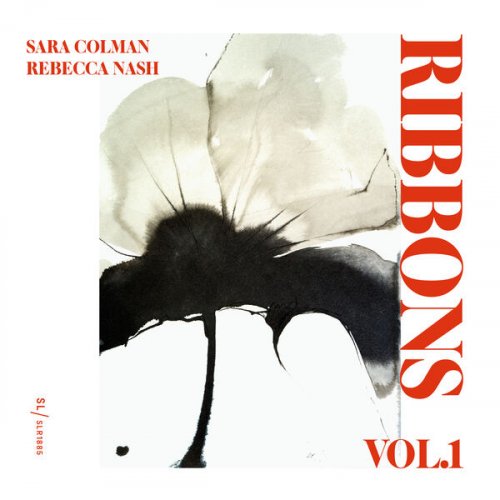
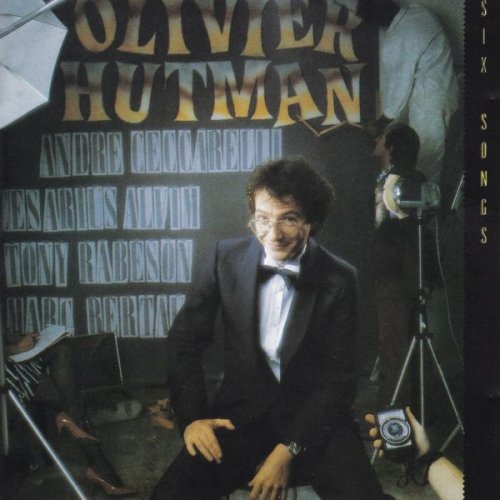
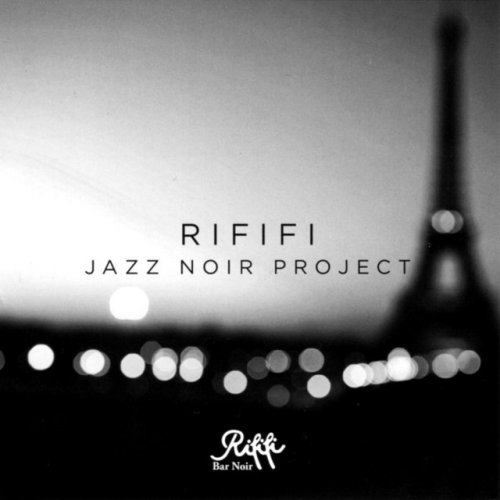
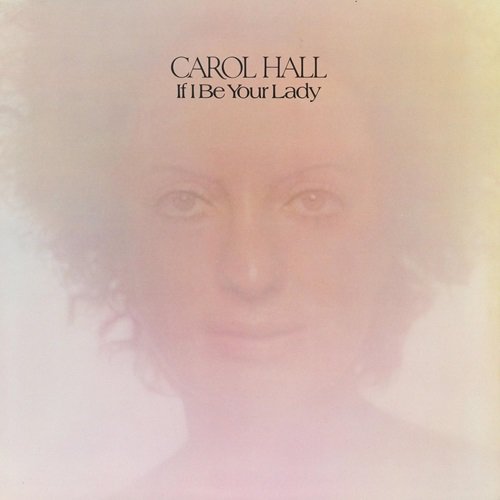
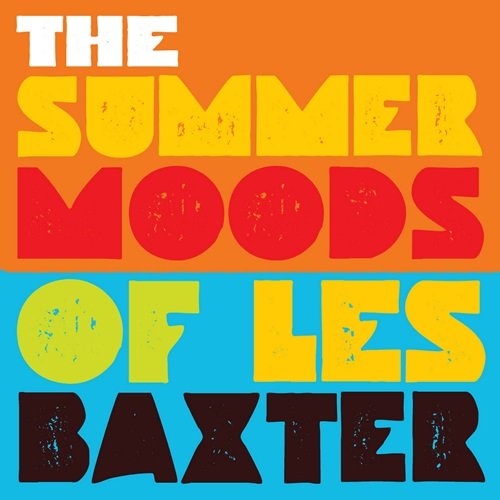
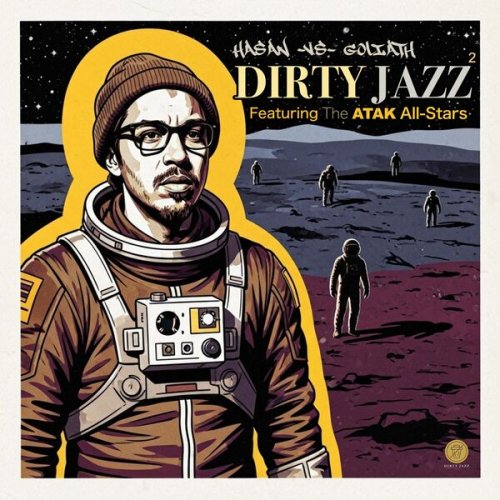
![Charlie Jung - Kailash Band (2026) [Hi-Res] Charlie Jung - Kailash Band (2026) [Hi-Res]](https://www.dibpic.com/uploads/posts/2026-03/1772463390_cover.jpg)
